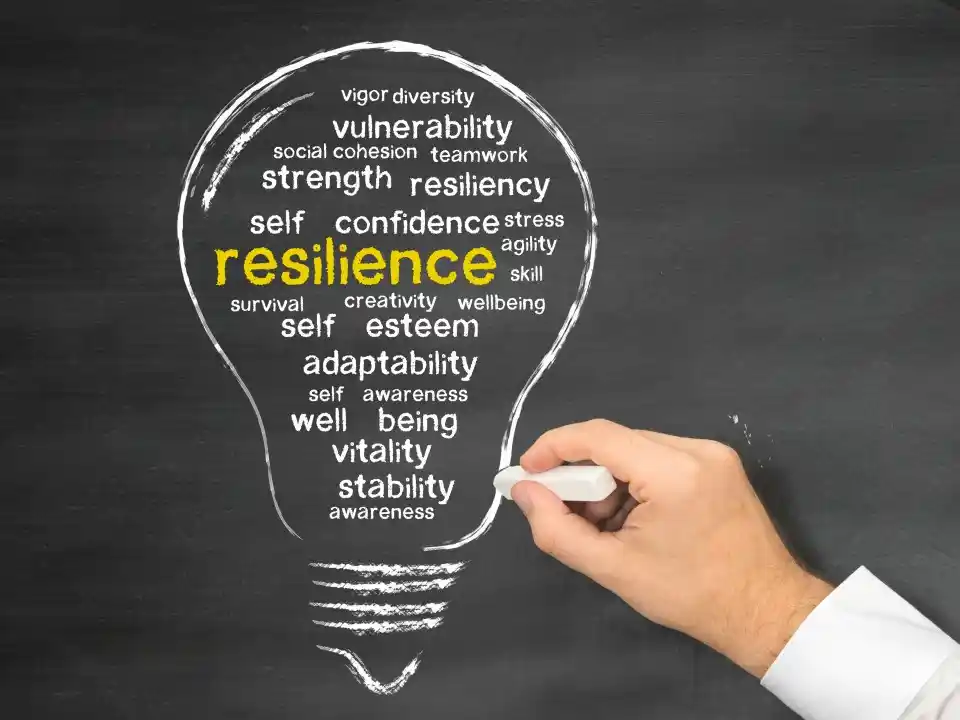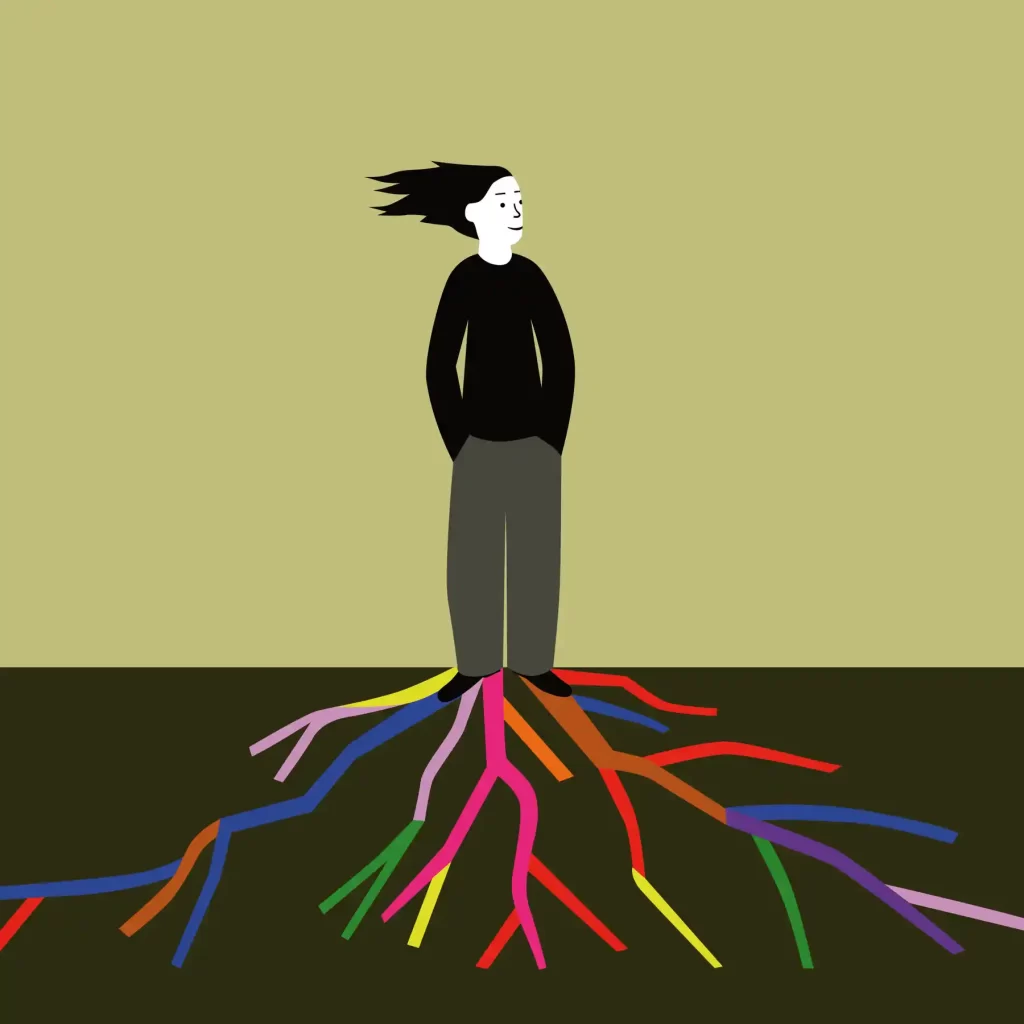Resilience in Times of Crisis: Navigating Adversity with Strength and Grace

Life has a way of throwing unexpected challenges our way, and in the face of adversity, our ability to bounce back becomes crucial. This resilience, the capacity to withstand and recover from difficult situations, is not only a trait but also a skill that can be cultivated and strengthened over time. In times of crisis, such as the global pandemic or personal hardships, resilience becomes even more essential for maintaining mental well-being and navigating uncertainty with grace.
Understanding Resilience
Resilience is not about avoiding stress or adversity altogether but rather about adapting and thriving despite the difficulties we encounter. It involves harnessing our inner strengths and resources to cope with challenges and emerge stronger on the other side. While some individuals may naturally possess greater resilience, it is a skill that can be developed through various strategies and practices.

Cultivating Resilience
Cultivate a Growth Mindset: Embrace challenges as opportunities for growth and learning rather than insurmountable obstacles. Adopting a growth mindset allows us to see setbacks as temporary and setbacks as opportunities for growth.
Build Strong Support Networks: Surround yourself with supportive friends, family members, or mental health professionals who can offer guidance, encouragement, and practical assistance during tough times. Having a strong support system can provide a sense of belonging and validation, reducing feelings of isolation and loneliness.
Practice Self-Compassion: Treat yourself with kindness and understanding, especially during times of struggle. Acknowledge your feelings without judgment and remind yourself that it’s okay not to be okay. Self-compassion fosters resilience by helping us bounce back from setbacks with greater ease and resilience.
Focus on What You Can Control: In times of crisis, it’s easy to feel overwhelmed by external circumstances beyond our control. Instead of fixating on what we cannot change, focus on what is within our control—our attitudes, behaviors, and responses to adversity.
Cultivate Mindfulness and Emotional Awareness: Practice mindfulness techniques such as deep breathing, meditation, or yoga to cultivate present-moment awareness and regulate your emotions. By tuning into our thoughts and feelings without judgment, we can better cope with stress and build resilience over time.

In times of crisis, resilience becomes our greatest asset, enabling us to navigate uncertainty and adversity with strength, courage, and grace. By cultivating a growth mindset, building strong support networks, practicing self-compassion, focusing on what we can control, and cultivating mindfulness, we can enhance our resilience and emerge from challenges stronger and more resilient than before.
Remember, resilience is not about never experiencing difficulties but rather about bouncing back from them with greater strength and resilience. As we face the inevitable ups and downs of life, may we embrace the opportunity to cultivate resilience and thrive in the face of adversity.
